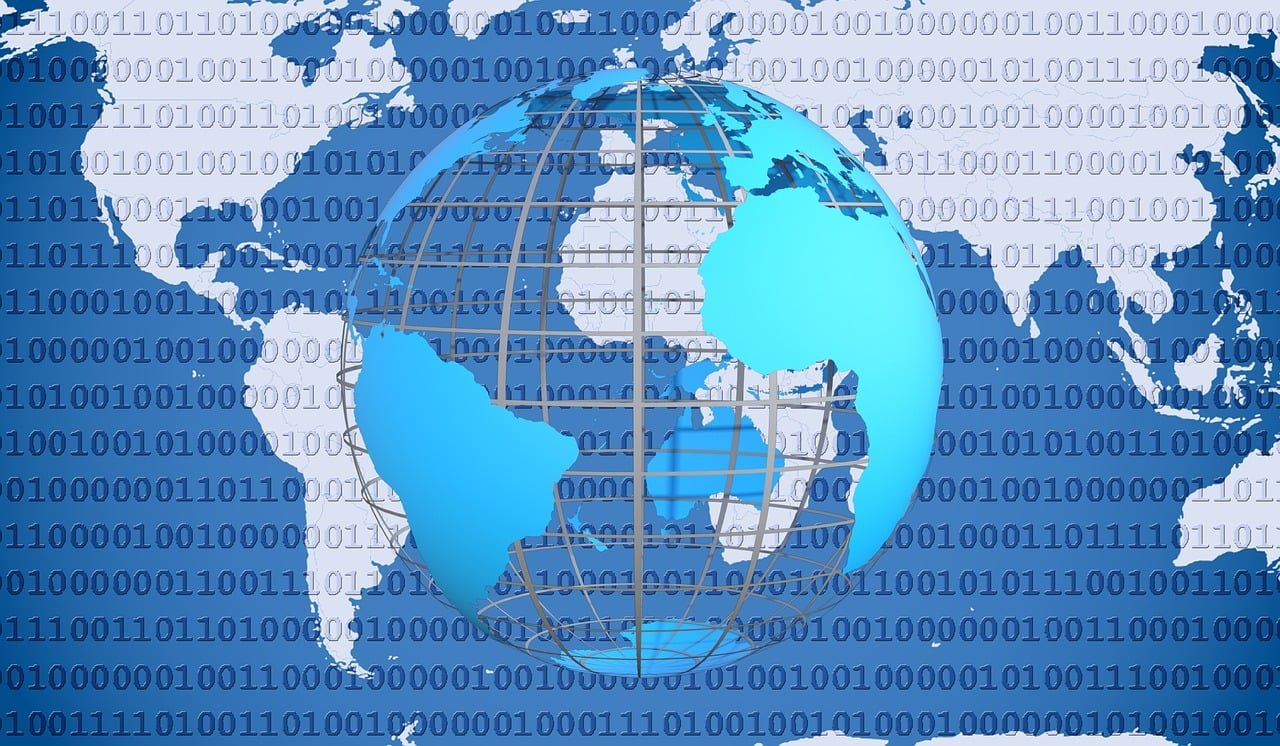Remarks by Doreen Bogdan-Martin, Secretary-General, International Telecommunication Union (ITU), Opening Session: Building our Multistakeholder Digital Future Internet Governance Forum 2024
[As prepared for delivery]
Excellencies, delegates, colleagues and friends,
It’s great to be here today in Riyadh. I want to take this opportunity to thank Saudi Arabia for being incredible hosts, and Minister Al Swaha and his team for making us all feel at home.
Now, let me start with a question: Where were you in 2005?
Jenelyn Marmber was farming vanilla beans in rural Papua New Guinea. She’d never sent an email, made a video call, or used the Internet. But a few years ago, Jenelyn received digital skills training from ITU and FAO (the Food and Agricultural Organization of the United Nations). And today, through her thriving e-commerce business, her vanilla beans reach customers across continents. Jenelyn’s story is the story of millions of people.
It’s the vision we had 20 years ago at the World Summit on the Information Society in Tunis. I was there in 2005 − and many of you were, too. Back then, about 1 billion people were connected − including roughly 13 per cent of the Saudi Arabian population.
Those numbers have changed drastically, but how are we measuring progress? Can we accept that: 84 per cent of people in high-income countries have 5G connectivity, while just 4 per cent do in low-income countries? That the digital gender gap is widening in least developed countries? And that a third of humanity is still offline?
I cannot!
Here at the IGF in Riyadh, we have an unmissable opportunity to strengthen the incredible collective endeavour that began two decades ago. To do this, we must focus on three key areas:
First: affordability.
Mobile Internet is 14 times more expensive in Africa than in Europe. The average smartphone can cost up to 40 per cent of average monthly income in some countries. We need investment in affordable digital infrastructure and services NOW. That’s what the Partner2Connect Digital Coalition is all about — mobilizing investment to connect the world’s hardest-to-reach places.
We’re just over halfway to our 100-billion-dollar goal. But we need your support to get there!
Second: digital resilience of infrastructure and governance mechanisms.
Digital infrastructure, including mobile networks, fiber optic networks, subsea cables, and satellite Internet, has been vital in helping more people connect than ever before. Even so, challenges continue to escalate:
- Cyberattacks are increasing 80 per cent year-on-year.
- In 2023, over 200 subsea cables were reported damaged worldwide.
- In the face of a worsening climate crisis, nature and natural disasters are increasingly impacting physical infrastructure.
Which is why we need to address the issue of resilience through the lens of 1) coverage; 2) redundancy; 3) security (physical and cybersecurity); and 4) robustness/quality.
With the Global Digital Compact as a key milestone on the journey to the WSIS+20 Review next year, we now have a critical opportunity to strengthen the foundation for a more resilient and sustainable digital future.
Third: digital inclusion in all its dimensions, including skilling, must move from conversation to action.
Let’s start with some numbers. This year, ITU data showed that 68 per cent of the world’s population are now online. That means that one third of the population is still offline. Of that number, 89 million more men than women are using the Internet in 2024. And in least developed countries, just 35 per cent of the population have Internet access.
Digital inclusion requires closing not just one but several digital divides – between urban and rural communities, older people and youth, and people of different ability, gender, economic means, and education levels.
I’m looking forward also to Beijing+30 next year as a critical step forward to help us address the gender gap.
When we work together, we can make real progress on gender equality, skills, youth and other key aspects of digital inclusion.
Stories like Jenelyn’s remind us of what’s possible − and what’s at stake if we fail to preserve the multi-stakeholder foundation on which “the Internet We Want” must be built.
Ladies and gentlemen, look around! Look at the expertise, experience, and dedication gathered here. Think about the theme IGF 2024 is addressing. “Building multistakeholder governance” is how we turn digital dreams like Jenelyn’s into reality. Our shared digital future hangs in the balance.
So, let’s make this IGF count!
Source – ITU

